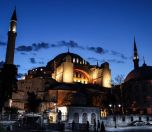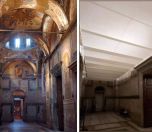Chora, a historic structure in İstanbul that has served various religious purposes throughout its long history, has been reopened as a mosque following a ceremony today. The building, which is under the ownership of the General Directorate of Foundations, was converted from a museum into a mosque by a presidential decree in August 2020.
The building went under restoration after remaining open for worship for a short time.
Originally a church during the Byzantine Empire and later a mosque during the Ottoman Empire, Chora has been a symbol of İstanbul's rich cultural tapestry. The structure, known for its stunning mosaics and frescoes, was first built as a monastery in 534 during the reign of Emperor Justinian I and has undergone numerous renovations over the centuries.
The decision to convert Chora into a mosque came shortly after a similar transformation of the iconic Hagia Sophia, which had also been turned into a museum during the secularization efforts in the early years of the republic.

The reopening of Chora as a mosque was part of a larger initiative by the government to restore and reopen 201 historical structures to mark the Foundations Week.
During a ceremony at the Presidential Complex, President Erdoğan emphasized the significance of these restorations, stating, "In the last 21 years, we have revived 5,500 ancestral heritage sites within our country and across our heartland geography.”
Located in the Edirnekapı neighborhood of İstanbul's Fatih district, the Chora Mosque's current form is the result of restorations during the Ottoman era and the second half of the 20th century.
In 1511, the structure was converted into a mosque by Atik Ali Pasha, the grand vizier of Sultan Bayezid II, and became known as the "Atik Ali Pasha Mosque" or "Chora (Kariye) Mosque." During this period, the original church's mosaics and frescoes were plastered over. (TY/VK)





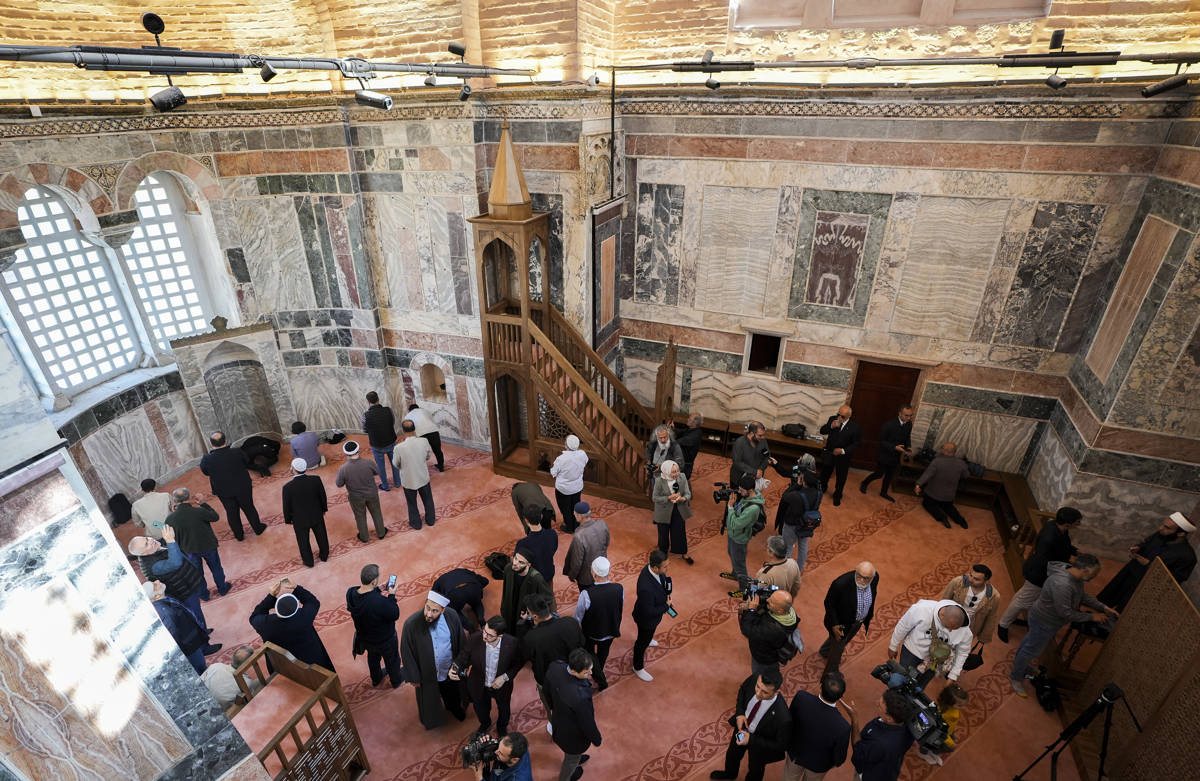
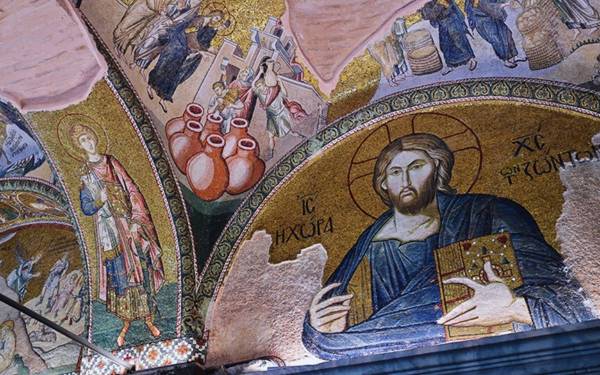
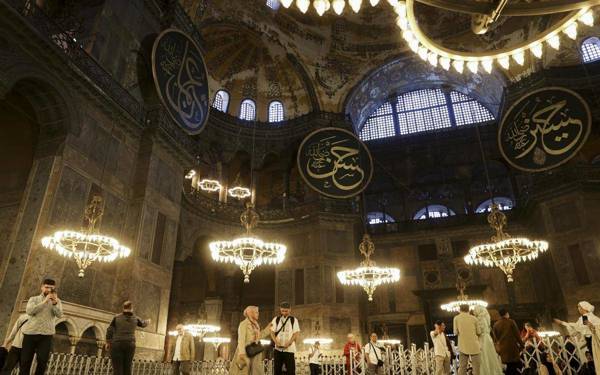

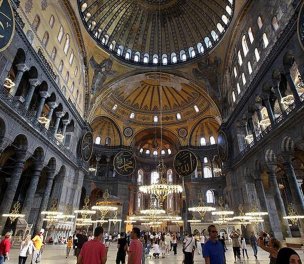
sa.jpg)
